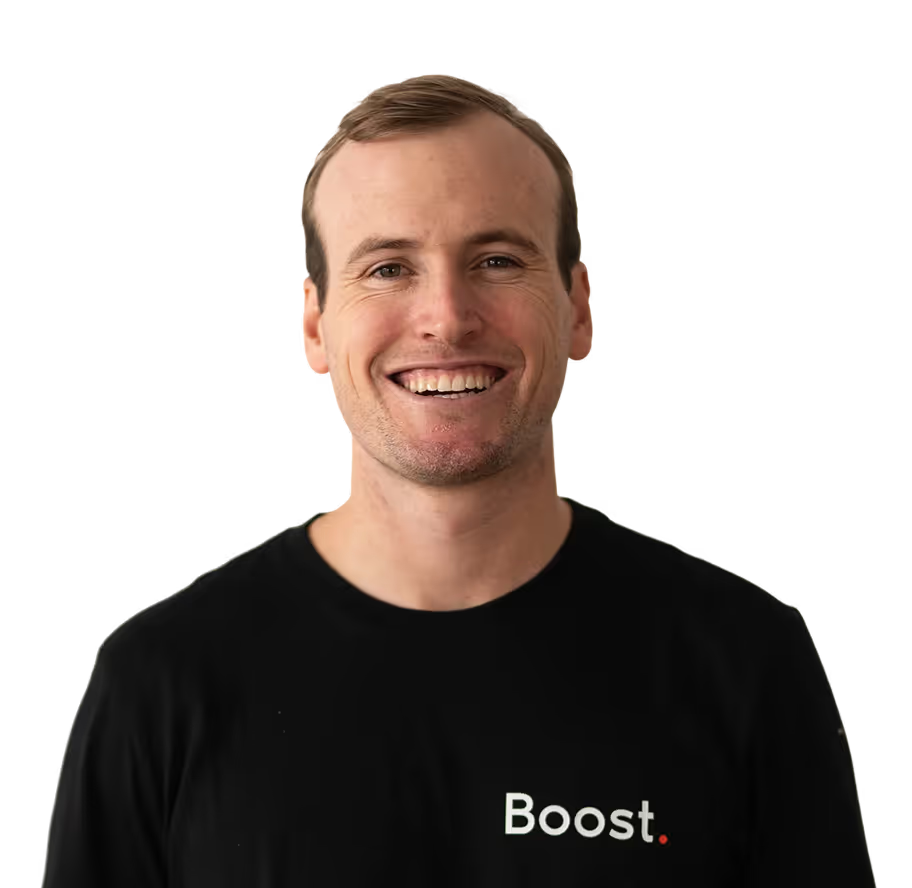For years, travel brands have focused on SEO to rank in Google searches. While traditional search engines aren't going anywhere, AI-powered search tools like ChatGPT, Perplexity, Gemini and Google's AI Overviews are rapidly changing the game.
Today, more travellers are discovering destinations, comparing hotels, and building itineraries through these AI tools.
This shift means how you get your name in front of prospective clients when they’re looking for a service like yours now depends less on ranking in search engines and far more on whether AI systems can interpret, trust and surface your brand inside the answers they generate.
Appearing in AI search is no longer just an extension of SEO – it’s its own discipline: Answer Engine Optimisation (AEO). It’s a combination of structured data, trustworthy content, entity reinforcement, and strong brand authority. If you want your travel brand to show up when someone asks an AI tool, “Where should I stay in Nairobi?” or “What’s the best time to visit Bali?”, here’s how to make it happen.
Understanding AI search
To begin with, it’s important to understand the differences between how search engine optimisation (SEO) differs from answer engine optimisation (AEO).
While both work towards the same goal – visibility – they optimise for different behaviours.
- SEO aims to earn clicks from search engine results pages. Your content must persuade a user to choose your listing over others.
- AEO aims to earn inclusion inside the answer an AI tool generates, whether or not a user ever clicks a link.
In short, SEO asks, “Can we rank?” while AEO asks “Will we be included in the answer?”
One of the key differences in answering these questions is intent. SEO is largely keyword-led: it focuses on the exact terms people type into Google, such as “best Serengeti lodges” or “Argentina itinerary”. AEO, on the other hand, is intent-led. It focuses on helping AI systems answer natural-language, scenario-driven questions, not matching exact keywords.
For example, a traveller might ask an answer engine:
- “Where should I stay in Fiji if I want snorkelling right off the beach?”
- “Is Tasmania a good winter destination for kids?”
- “What’s the cheapest way to do the Great Ocean Road without renting a car?”
These are scenarios, rather than keyword strings. AEO requires creating content that explicitly answers these scenarios in a structured, machine-readable, and context-rich way, addressing purpose, preferences, constraints, timing, budget and context.
In practice, this means optimising for comprehension, not just discovery – writing content that AI systems can interpret, extract, and reuse in the answers they generate.
The foundation for AI search is high-quality, authoritative content
AI models are trained on vast amounts of web content, and they prioritise information from sources they see as authoritative and trustworthy. For travel brands, this means your content strategy needs to shift from keyword-stuffed blog posts to genuinely valuable, comprehensive resources.
Your content should demonstrate EEAT: Experience, Expertise, Authoritativeness, and Trustworthiness. This means having real travel experts write your content, showcasing credentials, and providing unique insights that only come from genuine experience in the field.
AEO especially rewards depth, clarity and factual precision, because AI systems pull from the most complete, verifiable and context-rich sources.
Valuable inclusions often can be:
- Seasonal insights
- Pricing guidance
- Local tips
- Updated safety information
- Clear comparisons
And importantly: keep your content updated. If your pages show outdated prices, opening times or travel logistics, AI tools will deprioritise your site automatically.

Structured data is the technical backbone of AI
One of the most technical but crucial elements of AI search optimisation is structured data markup. This is code that helps AI systems understand exactly what your content is about. For travel companies, this includes schema markup for hotels, destinations, events, reviews, and local businesses.
When you properly implement structured data, you're creating a clear, machine-readable summary of your offerings. An AI tool can quickly identify that you're a boutique hotel in Barcelona with specific amenities, price ranges, and guest reviews, rather than having to interpret that information from unstructured text.
Structured data is significantly more important for AEO than traditional SEO, because AI tools rely on it to confidently summarise, categorise, and reference your content within answers.
Technical excellence still matters
While AI search represents a new frontier, the fundamentals of technical SEO remain important. Fast-loading websites, mobile optimisation, clean site architecture, and secure HTTPS connections all contribute to how AI systems perceive your site's quality and reliability.
We're also seeing that website accessibility matters more than ever. AI systems favour content that's accessible to all users, which means proper heading hierarchies, alt text for images, clear navigation, and readable text formatting.
Building your brand’s entity signals
AI models don't just look at your website – they consider your entire digital footprint. This includes your entities: verified records of things like your company name, locations, experiences, and products. It can also include mentions in travel publications, review sites, social media presence, and industry directories.
If search engines cannot confidently identify your brand as a unique entity, you won’t appear in answers.
Start with these entity-building essentials:
- Ensure your business name, address, and descriptions are consistent across every platform (website, socials, reviews, OTAs, directories).
- Create or update your Wikidata entry.
- Optimise your Google Business Profile with FAQs, images and attributes.
- Use consistent terminology across your website (don’t call your offering “adventures” on one page and “tours” on another).
- Link related pages using semantic anchors (e.g. “luxury safari lodge” linking to “Masai Mara” and “Kenya travel guides”).
Additionally, look at ways to be included in industry publications. Getting featured in respected travel publications like Conde Nast Traveler, Travel + Leisure, or niche industry blogs is good for both traditional SEO and AI visibility. When multiple authoritative sources mention your brand in the context of specific experiences or destinations, AI systems take notice.
Entity strength is one of the biggest ranking factors in AEO, because AI tools need confidence that your brand actually exists, is reputable, and is correctly associated with the topics you want to appear for.

Answer the questions travellers are actually asking
AI search is conversational by nature. People don't type "luxury Bali resort" into ChatGPT; they ask questions like "What's the best resort in Bali for a honeymoon with a private pool and direct beach access under $500 per night?" These natural-language queries reflect real intentions, preferences and constraints – and your content needs to do the same.
To appear in AI-generated answers, your website must anticipate and respond to these long-tail, scenario-based questions. That means shifting from broad keyword optimisation to a more intent-driven, question-led content model.
Here’s how to align your content with how people now search:
- Add conversational FAQs across your site. Not generic “Is Bali safe?” pages, but deeper questions that mirror the travel planning process.
- Write content that answers specific scenarios, such as “Best Greek islands for couples who don’t like crowds” or “How to plan a 10-day safari in Botswana for under $8,000.”
- Use headings that sound like real traveller questions. If users ask, “Where should I stay in Santorini with ocean views?”, your H2 shouldn’t be “Santorini accommodation options.”
- Mine real questions from tools like ChatGPT, AnswerThePublic, Reddit threads, TikTok comments, and your own Search Console data.
The closer your content aligns with natural speech patterns and real-world scenarios, the more likely it is to be surfaced in AI answers.
Looking forward
AI search optimisation isn't replacing traditional SEO. It expands visibility into new channels where AI answers, not search rankings, determine who gets discovered. Brands that invest now in creating authoritative, comprehensive, structured content will have a significant advantage as more travellers turn to AI tools for research and planning.
Ready to make your travel brand visible in AI search? Boost Brands helps travel companies build AI-ready websites, strengthen entity signals and create content that earns inclusion in AI-generated answers. If you want to stay ahead of the industry and be discoverable wherever travellers are searching, we can help.




